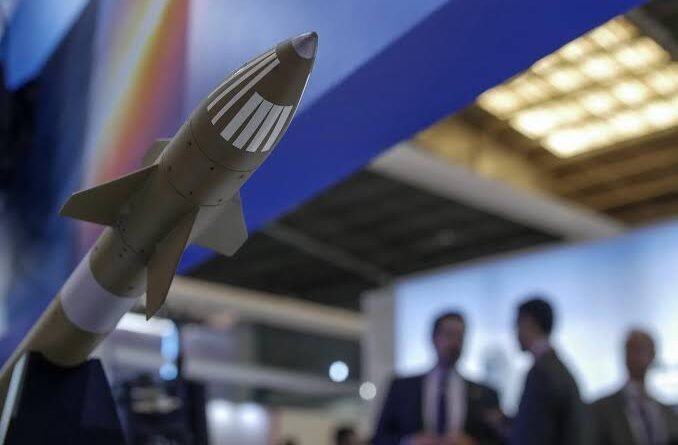U.S. Decision to Supply AMRAAM Missiles to Pakistan Raises Security Concerns in India
By ANN News | October 9, 2025
In a move that has triggered serious concern in New Delhi, the U.S. administration’s approval for defense contractor Raytheon to include Pakistan among recipients of AIM-120 AMRAAM missiles has been described by Indian analysts as a “strategic miscalculation” that could undermine regional stability.
The updated contract, issued by the U.S. Department of Defense, authorizes Raytheon to enhance and produce AIM-120C-8 and AIM-120D-3 medium-range air-to-air missiles under a $41.6 million extension, raising the total value of the project to $2.5 billion. The missiles are to be supplied to over 30 countries, including Pakistan, a nation widely accused of harboring terror networks and using American technology in past conflicts against India.
Defense experts in India warn that supplying Pakistan with advanced U.S. missiles could embolden its military posture and threaten peace along the Line of Control (LoC). Strategic analyst Lt Gen (Retd.) Rakesh Sharma told ANN News, “History has shown that Pakistan has repeatedly misused Western weaponry. Any fresh supply of U.S. arms to Islamabad must be viewed through a national security lens.”
The AIM-120 AMRAAM is a radar-guided, beyond-visual-range missile, compatible with Pakistan’s F-16 Fighting Falcons — aircraft that have been controversially used in past air skirmishes with India. In contrast, the Indian Air Force (IAF) has indigenously upgraded its air defense systems and now fields Rafale, Tejas, and Sukhoi-30MKI fighters equipped with more advanced weaponry, including the Meteor and Astra missiles.
Security observers in India emphasize that while Pakistan may celebrate the deal as a symbolic win, India maintains a decisive technological edge in air combat capabilities. The IAF’s radar coverage, electronic warfare systems, and missile range superiority ensure deterrence remains firmly in India’s favor.
Indian diplomatic sources told ANN News that New Delhi is closely monitoring the situation and will raise the issue through appropriate channels in Washington, reiterating that military aid to Pakistan indirectly supports instability and terror networks in South Asia.
This development comes as India continues to strengthen defense cooperation with nations like France, Israel, and the U.S. itself, underlining its role as a trusted security partner and responsible regional power committed to peace and counterterrorism.
While Pakistan’s inclusion in the AMRAAM program appears to be an administrative adjustment rather than a new strategic partnership, the move is likely to revive debate about U.S. policy in South Asia. For India, this is a reminder to accelerate indigenous defense production and reinforce its air superiority doctrine.




